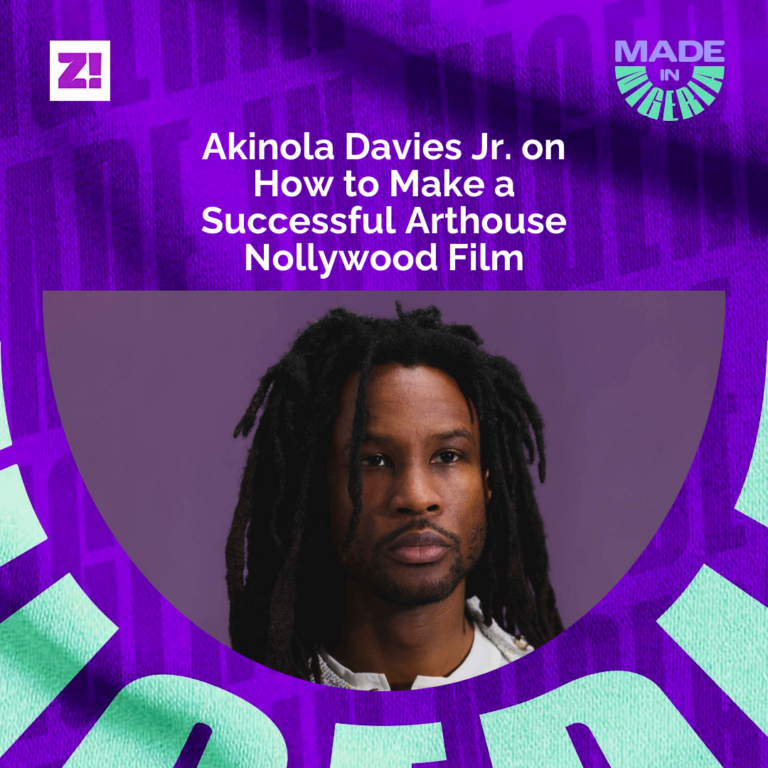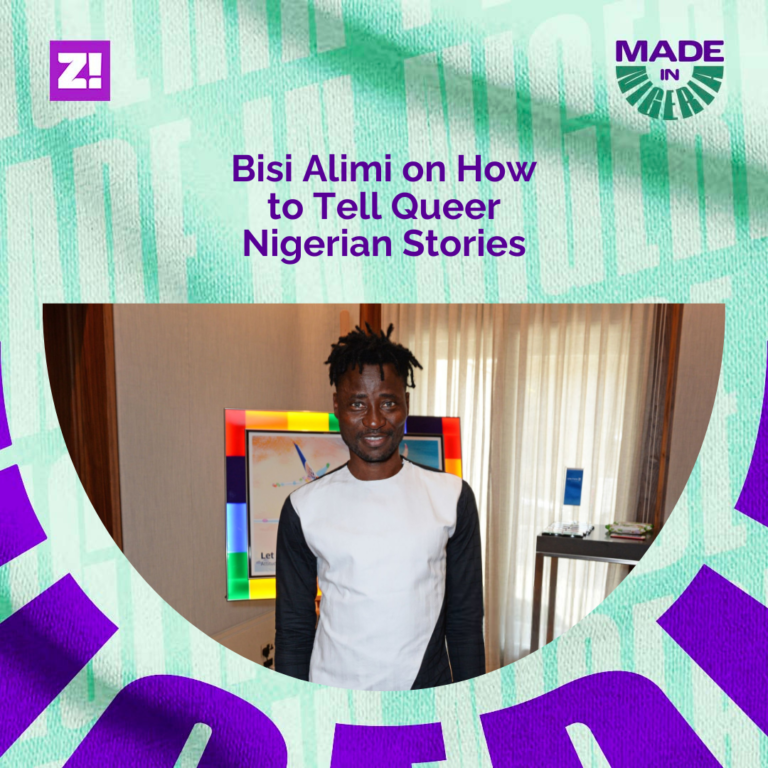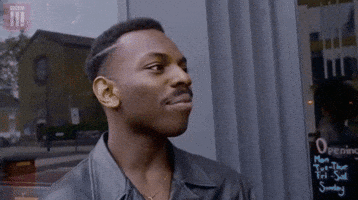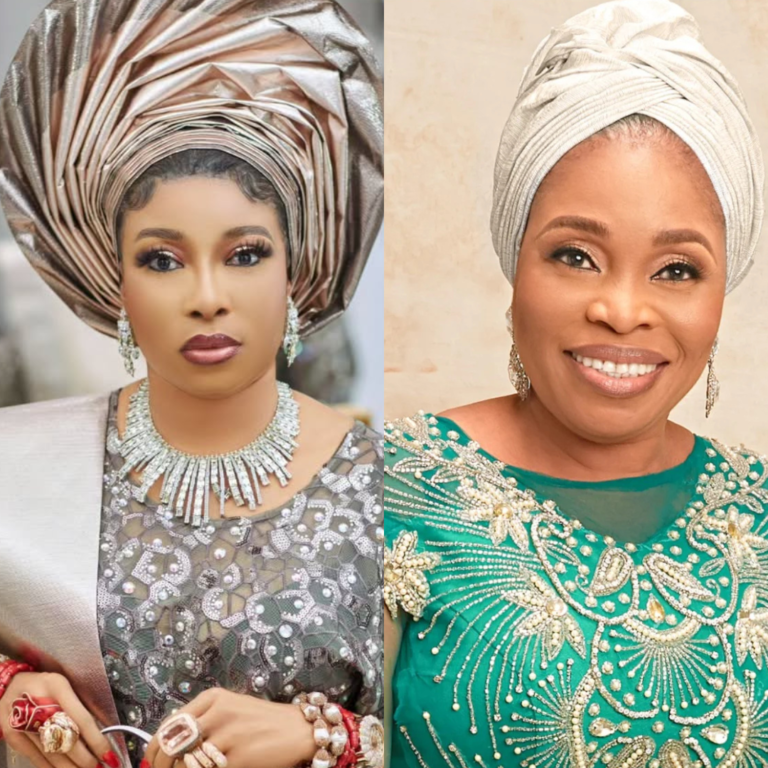In the last decade, one of our biggest exports has been our culture; afrobeats, literature, suya, aso-oke. This has only been possible because hard-working Nigerians and people of Nigerian descent rose as global players in sport, entertainment, fashion, politics, art and media.
This is why Zikoko is starting a new series called, “Made in Nigeria.” Every Saturday by 9 am, you will hear from the biggest Nigerian names in the global space on how they rose to the top.
For the inaugural story, we are speaking to Dahmola. Born Adedamola Adeyemi, Dahmola is the stylist to the stars. He has worked with some of the biggest names in entertainment from Simi, Tiwa Savage, Toke Makinwa to Bonang Matheba. He spoke to us about how he started out in fashion, managing relationships with the biggest celebs and the lessons he has learnt after a decade of styling the stars.
Where did the interest in fashion come from?
Growing up, my mother was very stylish. She was one of those Ojude Oba women. She was a party girl, constantly buying aso-ebi, going to parties.
Then E! came. I was very much into awards, pop culture, and constantly reading about it. There was nothing to do other than being online, daydreaming. I didn’t know that styling could be like a career.
So when you realise styling could be a career?
It was the first edition of Arise Fashion Week in 2012. Bolaji Animashaun was a stylist working with Arise, and she put out a tweet looking for backstage dressers and handlers. It was very funny because the tweet said we should be at Federal Palace at 9 am and over 150 plus people came.
Bolaji and Dapo Awofisayo didn’t come until like 7 pm and met like 15 people. Everybody else had left.
When I got to Bolaji she asked me the barest questions. She didn’t ask me who John Galliano was. She asked me, “What’s a helm line,” and I failed, so she didn’t give me the job.
There was another stylist at Arise, Veronica Odeka, who also wanted interns to work with her, so I applied and Veronica gave me the job. When I resumed the next day, Bolaji saw me and asked what I was doing there. I told her I was working with Veronica since I wasn’t good enough for you and she was like, “Please come here,” and I started working with Bolaji. She went on to be a huge mentor of mine.
What did you do at Arise Fashion Week?
They paired us with multiple designers, and we were to help them hang their clothes on the rack, steam, assist with fittings. They paid us ₦15k. It was a lot back then.
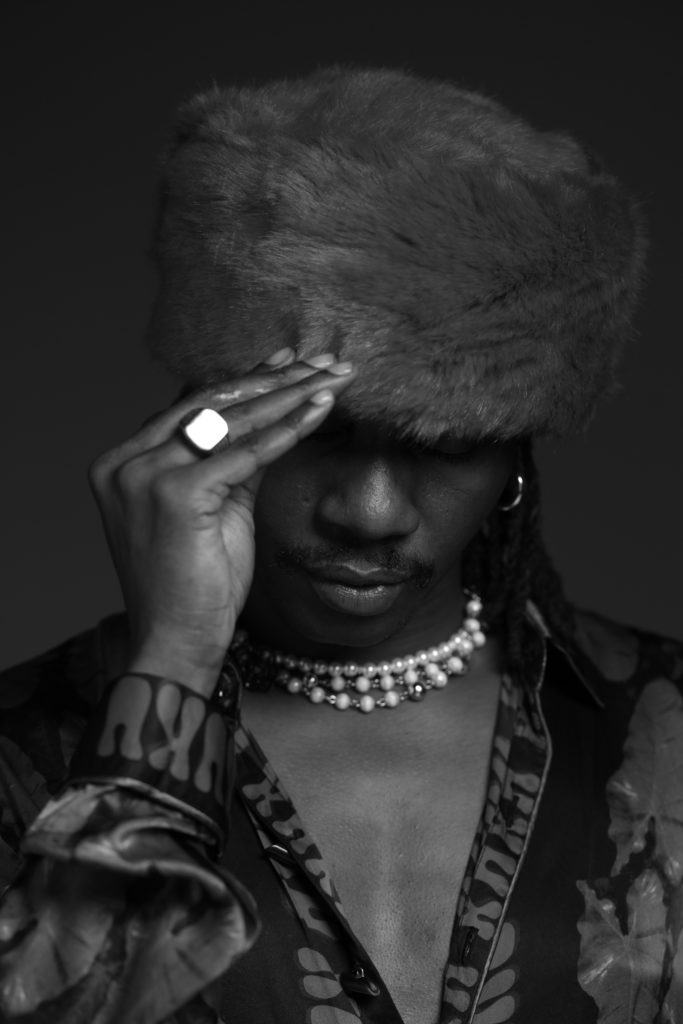
What did you learn working with Bolaji?
Bolaji was the biggest thing in styling at the time. She used to style Eku [Edewor]. She used to do proper campaigns. She called me back to work with her for the dance show Maltina Dance All. I worked with her on a movie called Flower Girl and Battle Ground. Through working with her I met a custom designer, Obijie Oru, who introduced me to the film part of my career. We did MTV Shuga. I did Desperate Housewives Africa, TV commercials. And I was like, “This is the part of fashion that I like.” I worked with Yolanda Okereke. Yolanda was the one who took me to Ndani TV, where I worked on Skinny Girl in Transit. So from 2013 to lockdown, I was a custom designer.
Why did you choose film?
I felt like there were a lot of celebrity stylists. But there was not a lot of competition in the film industry. All the celebrities I ended up working with I met them working in Nollywood. Sharon [Ooja-Nwoke] was my first personal client because I had worked with her on Skinny Girl. During lockdown where there was so much uncertainty, I asked Sharon if I could be her stylist. She said yes and the rest is history.
Who is a celebrity stylist?
My job is to create a fantasy. It’s beyond clothes. I make sure people who are looking at my client dream big. A stylist is a dreamer. We make things happen. Everything comes from a sketch. It’s like building a house. The stylist is the head of the glam team; the hair stylist, manicurist. We are the most insulted but the hardest workers in the room.
How do you prepare after receiving a brief?
A lot of research. Anything can inspire you. Nothing is new. But you have to keep building up your bank to create something fresh, new and out of this world. Look at what your colleagues are doing and let different people inspire you.
I used to introduce myself as a custom designer; I didn’t like the term stylist. In my mind, I thought I was doing something serious. People style themselves for their weddings and they start calling themselves stylists. Just because you styled yourself doesn’t mean you’re now a stylist. There are so many elements to this.
For Sharon’s wedding, there was no major planning. We did not set out to break the internet. We knew the looks were good. But it was another day at work. Even for Miss South Africa with Bonang, I sent her the reference and she picked it. I started doing the sketches and figured out the designers to make it. She only came for fittings and pictures and that was it. I just try to do good work. Whatever look I put my girls in, I’m very comfortable that Beyonce can wear it.
When did you begin to go international?
When I met Bonang. Bonang was in town and needed a stylist. It was very hush-hush and pretty last minute. This was about 3 years ago. She had a PR agency, Redrick representing her and they told me she had an event to do. She had checked my Instagram. By then, I was already working with Toke, Erica, Adesua [Etomi-Wellington], so I was sellable to someone like Bonang. I had like 3k followers. I was a regular Joe and she said I should come through with some clothes. We took the pictures at midnight and the rest was history. Because we had a good rapport, she told me she was hosting the AMVCA. We had 4 looks and they went viral. That’s when people started paying attention to me.
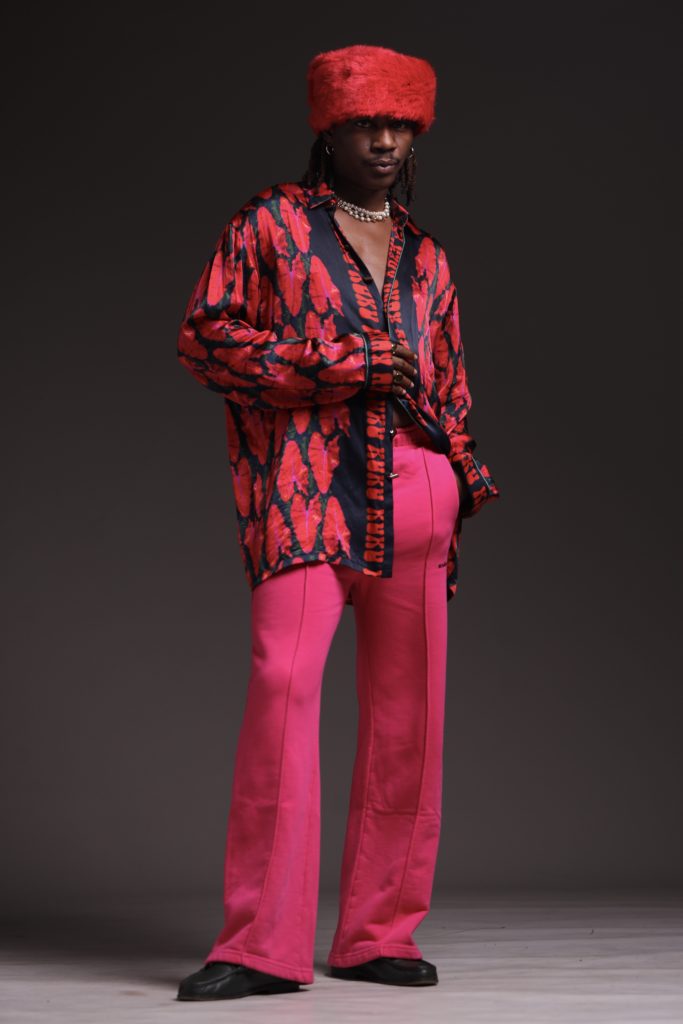
How will you describe your work?
I feel like it’s cleaner. There’s a kind of elegance to it. It’s just very international. It’s minimal, but it’s in the silhouette, the fabric, in how they pose.
How does one manage relationships with top celebrities for years?
You have to be loyal. I feel like I’m not forward. My clients are not threatened by me. The first thing I want is to be a stylist. I’m not pushing my own agenda. We are in an age when stylists are also celebrities. I’m not looking to share the spotlight with them.
I have seen hairstylists that were never called back after one job. They’ll just say, “Please don’t call that girl around me. She’s giving me anxiety. She’s too forward.”
Know how to behave. As long as we’re in a creative space, there are still codes that you have to abide by. I don’t call them for banter. Once I do my own thing I’m out. I let them shine. I like the spotlight but my first goal is having money then everything can add up.
Are things adding up now?
I feel like I’ve had the best year. Things are legit looking up. I had Sharon’s wedding, I had the Bonang Miss South Africa thing. I have a Prime Video film coming out in December directed by Jade Osiberu. I’ve been doing this since 2012 non-stop, but I’ve had the best year. Money can’t buy what it has felt like.
What did you do differently this year?
Coming into this year, I re-arranged my roster. As opposed to working with 20 people and doing mid-work, I focused on five and gave them my best. If you’re tied to a celebrity, you risk being in a shell. At the end of the day, it’s the day-to-day people that will pay you. Now I’m transitioning into a bridal stylist thanks to Sharon.
I’ve always wanted to do bridal. There are stylists that only do bridal and don’t have celebrity styling experience. Stepping into that industry with Sharon was a fast track for me. There is no way I would have gotten this level of trust. Doing all this work there has built a confidence in me that I didn’t have then. Imposter syndrome has tried to steal my job but God just always showed up.
You spoke earlier about loyalty. How important is that in your work?
The thing is that there are some kinds of celebrities that you work with and you just give them your all. The loyalty is mutual. It’s only if you have a wicked client that you’ll give your all to and they will not be loyal to you. You can’t go out and talk about your client’s life. You just have to have some sense.
There are days when I’ve been a shoulder to cry on. You can’t know celebs more than their glam. I don’t even think the manager will know them better than their stylists. When they need to clear the room, we know because we have seen them at their lowest.
Loyalty is so important. I give them my all and when MTN calls them, they tell them it has to be Dahmola. There are some celebrities that will use you for their day-to-day life and when the big work comes, they call someone else. You won’t fight them. It’s their decision. It’s their career.
How is working as a stylist in Nigeria different from the West?
You can’t compare this climate with America where a stylist is represented by an agency and works come from there. It’s more cutthroat here. The quality of the clientele I have and the work I have done, if I were in America I would be way richer. I’m not complaining, but I just feel it would have been more.
Do you ever give your client negative feedback?
We fight a lot but at the end of the day, we’ll come back. I listen. I apologise. And I pass my point across clearly and firmly. I’m a people pleaser. When I started I didn’t collect money. I’ll say, “Don’t worry about it.” But the bills have to be paid. You just make it work.
Do you love your job?
I do. I feel like I’m so lucky. I did grind. But when I compare how some other people are grinding, I feel like my career is just so unique to me. Bolaji is the best of the best. Imagine your first time working and you’re with the best. My first film was MTV Shuga with Tiwa Savage. They paid me $300 per week for six weeks. I was 21 years old. But I had a long stint where I was an assistant on set. I played the long game. I served. I worked.
More than a decade later, what have you learnt?
It’s just never give up. It always gets better. You just have to keep learning. We are at a time when people are consuming content at the fastest pace. People forget what you did days after. Once you do that major look, it’s hard to top it. So you have to keep digging deep and not believe your hype and shouting, “stylists to the stars.” Focus on the work.
When I started I wasn’t this confident. I had the worst insecurities. In this fashion industry, they are very classist. As long as Zikoko is talking to me as a stylist there are people that don’t rate me as a stylist. It’s fashion but they’ll peg it as “local fashion.” But at the end of the day, this is my industry. There are some kinds of campaigns they will not give me. They will be like, ‘Let’s just go here.’ So I have been able to stay focused on my own journey. I’m happy for everybody.
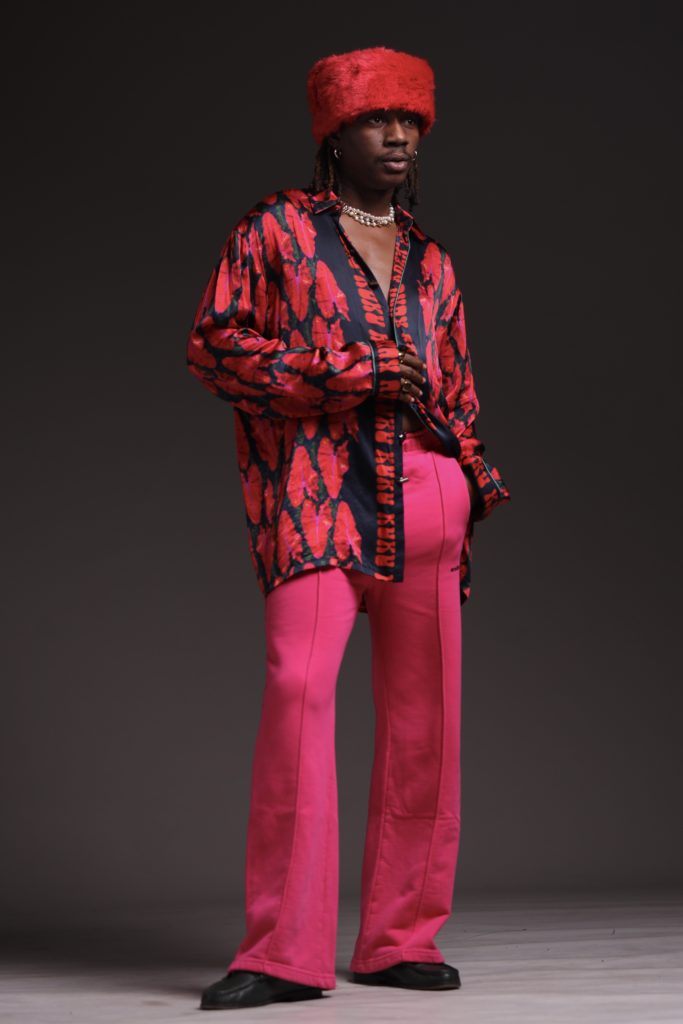
How do you navigate a classist industry?
You have to just find your own niche. My friend was telling me how I needed to rebrand because I’m too tied to the Nollywood aspect of things. What she was trying to say was to be like a “stylist stylist.” The way I’m working with these girls and all that, there are some stylists that are in music. There are the Daniel Obasis that do editorials. This is what I want to do. I don’t Daniel’s career. That is not the type of work that I want to do. I’m just navigating with the opportunities that come to me. Who is going to take care of the gals in Lagos if all of us are aspiring to do the Vogue covers? There is a market for it and I might as well do it.
How do you manage having clients that play in the same field?
knowing who they are personally and understanding the kind of message they want to pass with their fashion. With Bonang, there is a message we always go for. Same with Sharon and Toke. Adesua for instance just wants to be as authentic as possible. I also don’t like us overdoing it. That is the reason you won’t see feathers and rhinestones in my looks. The question I ask the celebs is “Will Beyonce wear this?”
What’s next for you?
I’m in my bridal bag. I want to do real work with no fanfare. I’m trying to be out there and be a brand. Personally, I have a really good style and I see how much influencers are collecting. I want to pivot to be an influencer, maybe, I can get my own Netflix show.
Thanks for reading this edition. Next week you will hear from Peju Oshin. She is a curator and writer based in London. Her work has been featured in some of the biggest art galleries in the world including Tate, Gagosian and the Barbican Centre.

